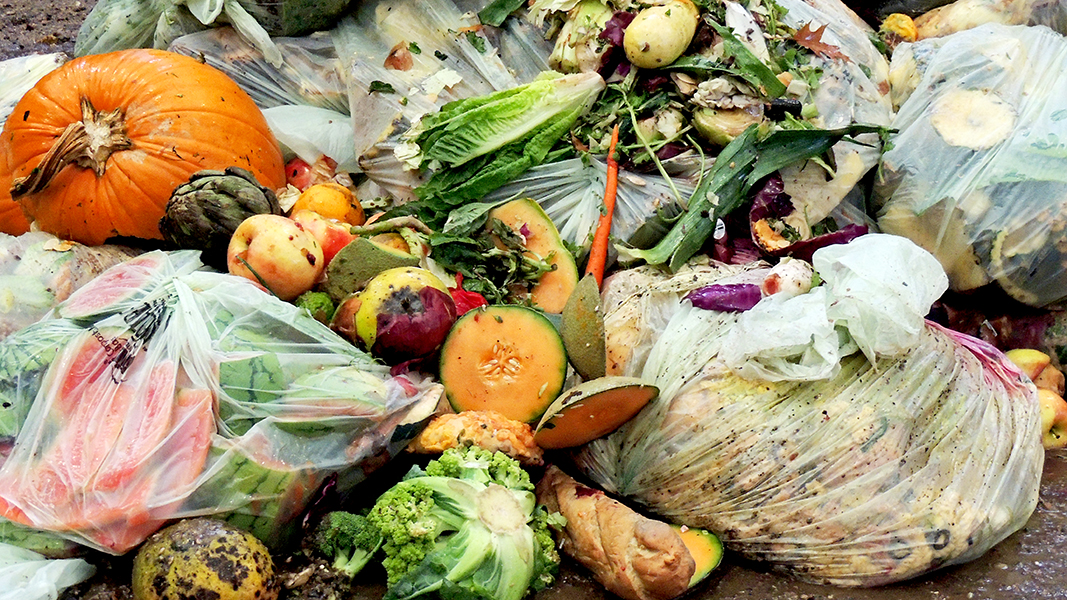Recycling mandates and landfill bans are viewed as tools to incentivize diversion of source separated food scraps from disposal. The U.S. EPA’s most recent municipal solid waste Facts and Figures report estimates that in 2018, over two-thirds of non-industrial food waste were disposed through landfill or incineration. One reason cited for the high disposal rate is the lack of recycling facilities. To address a gap in organics processing infrastructure, seven states — Vermont, Massachusetts, Connecticut, Rhode Island, California, and most recently, New York and New Jersey — as well as a number of cities — have adopted bans on landfill disposal of food waste, or recycling mandates. “Inverting the logic in the movie Field of Dreams (“if we build it, they will come”), the implied logic of the bans is that if a supply of organic feedstock can be created, the infrastructure to process it will be built,” says Carol Jones, Visiting Scholar at the Environmental Law Institute (ELI) who co-leads its Food Waste Initiative.
Has the experience with landfill bans and recycling mandates fulfilled this implicit promise? What types of recycling facilities have been brought online, and what has been the role of the public and private sectors in developing facilities? What additional policies were put in place to support implementation of the mandates and bans? These are the questions to be posed to a panel of state and local officials on a February 10 webinar, Food Life Cycle: Effectiveness of Food Scrap Recycling Mandates & Landfill Bans. Organized by ELI and sponsored by ELI and BioCycle, the panel — to be moderated by Carol Jones — features John Fischer, Massachusetts Department of Environmental Protection, Cathy Jamieson, Vermont Department of Environmental Conservation, Gena McKinley, City of Austin (TX), and Kyle Pogue, CalRecycle. The February 10 webinar is from 12:00 PM-1:30 PM EST; register by Feb. 8.










